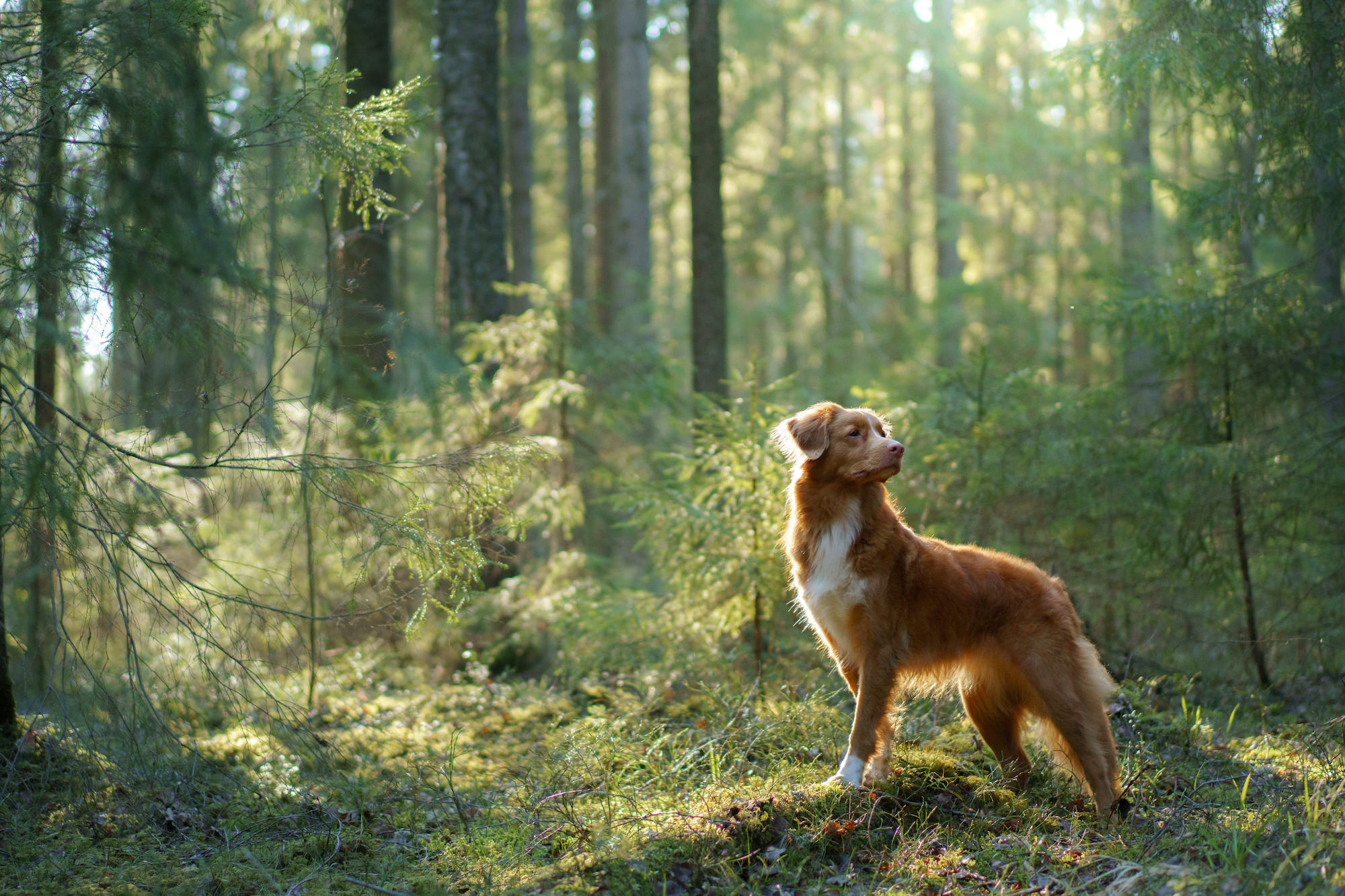
Chances are if you feel the effects of smoke and pollution, animals do too. Smoke can irritate eyes and the respiratory tract. Animals with heart or lung disease and older pets are especially at risk from the effects of smoke and should be closely monitored during periods of poor air quality. Toxic pollutants such as chemicals, oil, metals, and acid rain can significantly threaten wildlife habitats.
The Effect of Smoke on Animals
During wildfires, the air quality is often dangerous and hazardous to breathe for pets, horses, livestock, and wildlife. Exposure to air pollutants in wildfire smoke can irritate lungs, cause inflammation, alter immune function, and increase the susceptibility to respiratory infections. It is important to limit animal exercise and outdoor exposure as much as possible in order to reduce the airflow into the lungs and decrease the possibility of damage to the health of your pet. Smoke inhalation can cause thermal injuries to your pet’s airways without apparent external signs, so pets should be closely monitored. Brachycephalic dog breeds such as Bulldogs and Pugs, puppies, and senior dogs are especially at risk of accidentally inhaling too much smoke.
If the air quality measures between 100 – 150, it is likely safe for your pet to be outdoors for a limited period of time to use the bathroom. If the air quality is compromised in any way, do not exercise vigorously outdoors and avoid prolonged exposure for both your safety and theirs.
The Effect of Pollution on Animals
Like smoke, air pollution not only contributes to respiratory diseases in animals and humans, but it can also negatively affect wildlife by changing plant communities. Acid rain destroys the leaves of plants, kills trees, and harms animals, fish, and other wildlife. This stunted plant growth negatively affects the quality of their habitat and food sources.
Birds are directly threatened by coal power production exhaust, which damages their respiratory systems. Over 1 million seabirds and 100,000 sea mammals are killed by pollution every year. Animals and people who live in places with high levels of pollutants have a 20% higher risk of death from lung cancer than those who live in less-polluted areas.
How to Protect Animals
When the air quality is poor and smoke or air particulates are present, keep pets indoors as much as possible and keep your windows shut. Utilize air conditioning and make sure that air filters are clean. Vacuum frequently and be sure to use environment and pet friendly cleaning products to keep your pets safe. Outdoor pets should be kept in a room with good ventilation, like a bathroom, garage, or utility room.
One of the easiest and most effective ways to help wildlife is to preserve their environment. The restoration of native forests, grasslands, and coastal ecosystems can help maintain the natural balance of their habitat and help their species survive. There are several organizations that are always looking for volunteers to help!
Smoke and pollution are toxic to everyone, including domestic animals and wildlife. It is important to protect your pets from these dangerous toxins by limiting their exposure and time outdoors during periods of poor air quality. If you have any questions about how to protect your pet from smoke and other pollutants, please call Sierra Veterinary Hospital today! Our doctors and staff are here to help educate, preserve, and protect the health of you and your pets.


